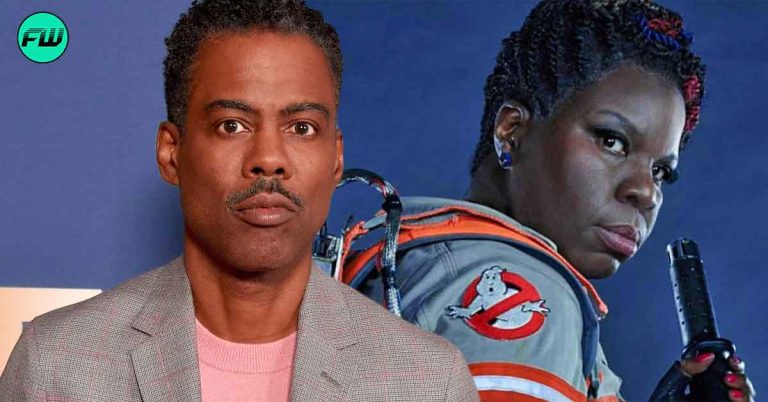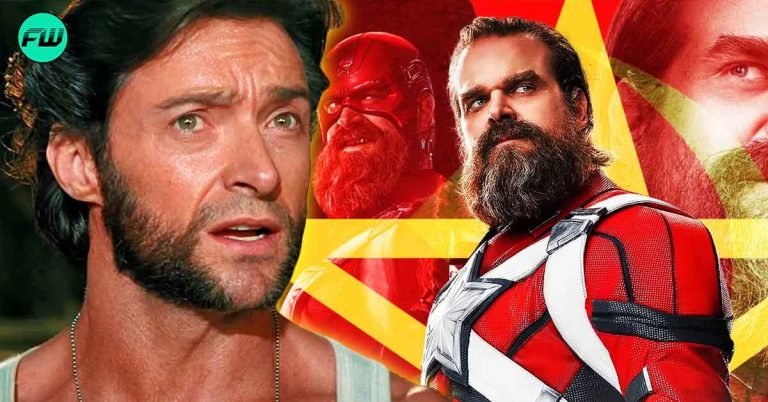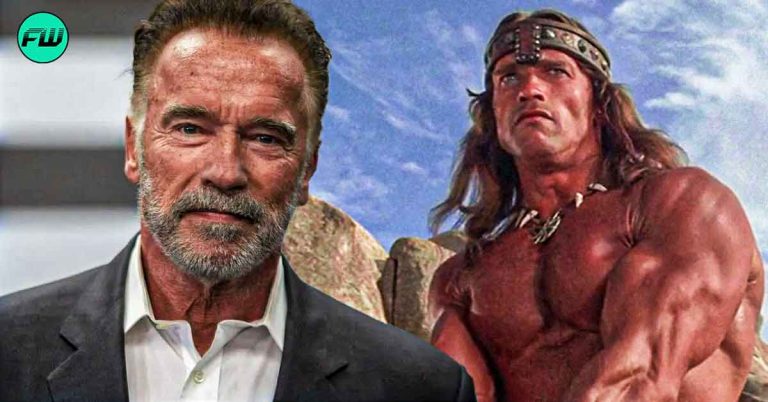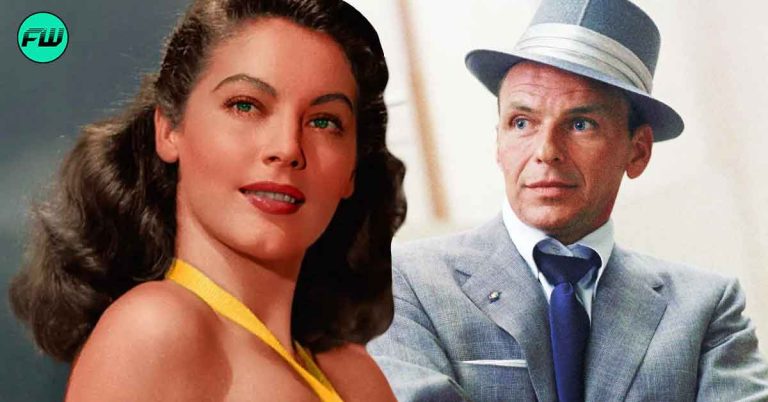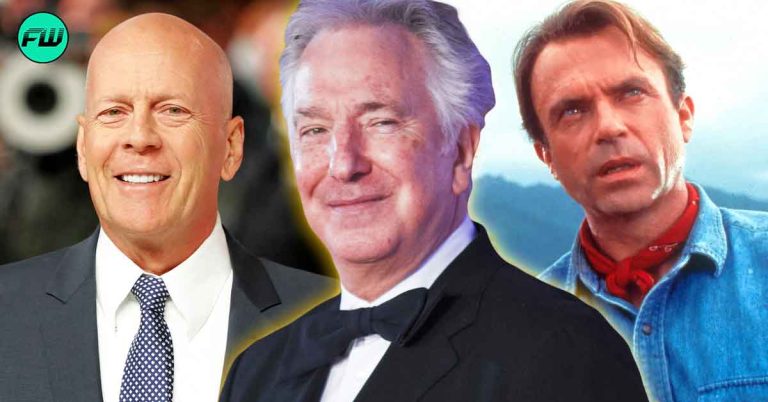The Trinity Test leading into the execution of the controversial Manhattan Project by J Robert Oppenheimer can now be witnessed globally on the bigger screens, thanks to Christopher Nolan’s initiative.
In a race against Nazi Germany during World War II, the American government, in hopes to be many steps ahead of the enemy, wanted to devise a way to put an end to the war.
Scientists at the time were against a catastrophic weapon, but Oppenheimer was alarmed by the news that the Germans could be developing nuclear weaponry and that the Japanese had sided with the Nazis.
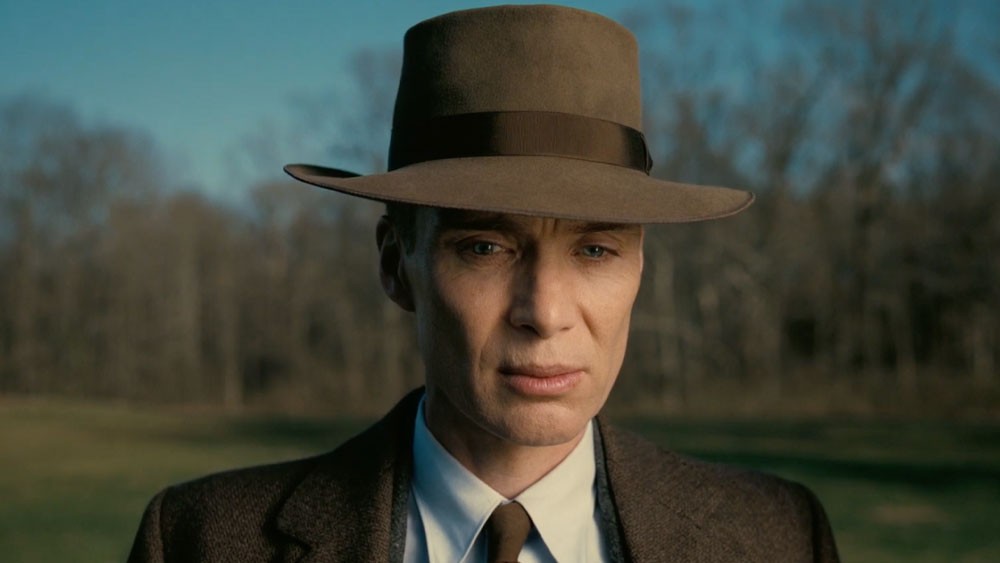
Although the American soldiers were not involved directly in the war in the European subcontinent but helped their ally nations – France and England to push back the enemy. It was the attack on America’s Pearl Harbour that they pushed the red button.
Read more: Concerning News For Cillian Murphy Fans as ‘Oppenheimer’ Might Get Banned
Oppenheimer Realized He Became The Destroyer Of Worlds
The Little Boy and Fat Man, dropped on Hiroshima and Nagasaki after the war had already ended with the Germans on the subcontinent, brought the Japanese to their knees.
His famous quote, “Now I am become death, the destroyer of worlds,” inspired by the mythological Indian book – Gita has been doing the rounds since the first trailer of Oppenheimer was released online.
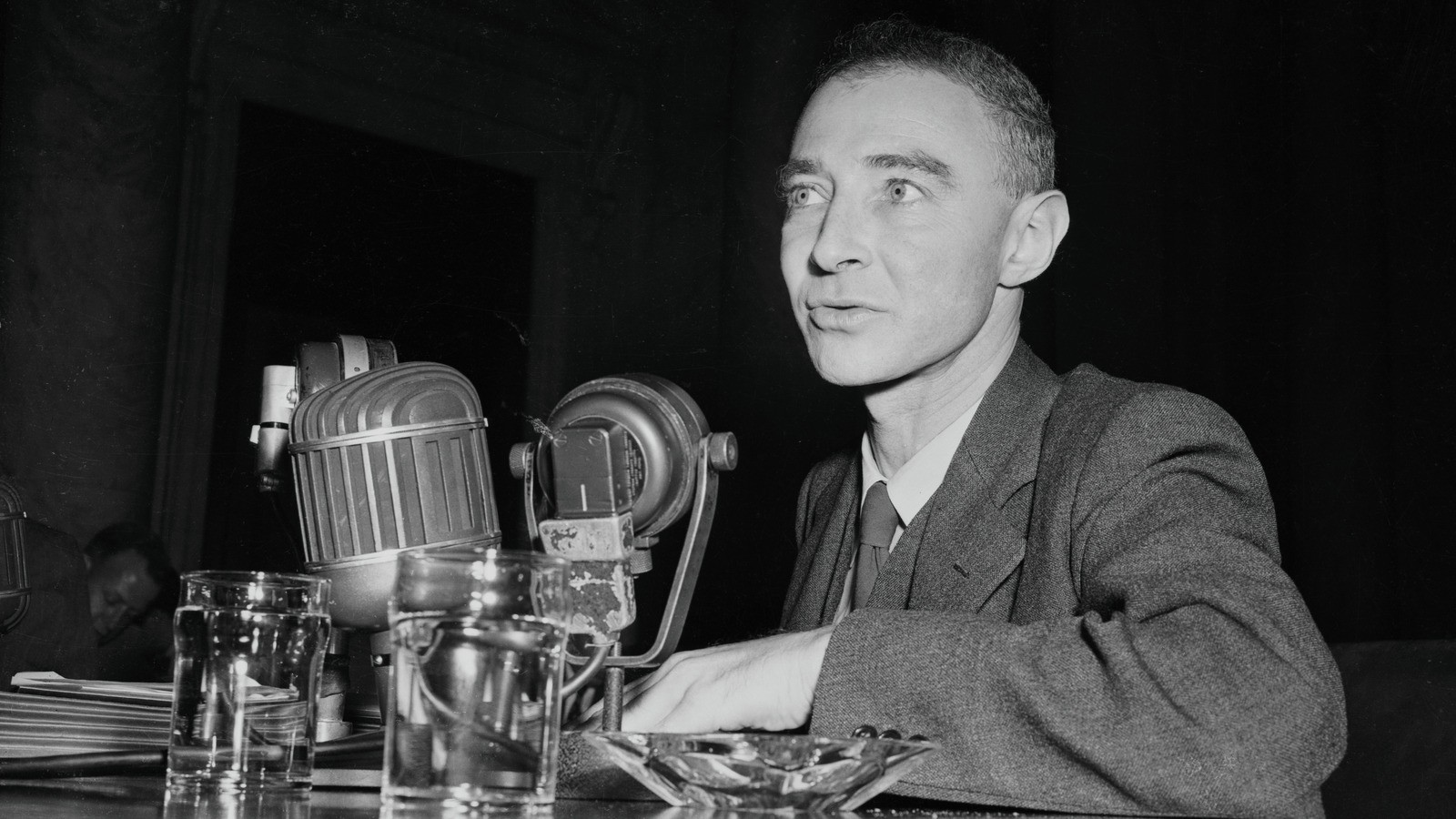
Now, an Indian author has alleged that Oppenheimer never said these lines.
Devdutt Pattanaik, 52, said in a recent interview, that these lines have been interpreted wrongly.
“I did some research on Oppenheimer, and I had never heard this line. It was chapter 11, verse 32, which really says ‘kaal-asmi,’ which means ‘I am time, destroyer of the world.’ So, his translation itself is wrong. It is time, time is the destroyer of the world,” he said.
He further adds that the chaos and destruction witnessed by the tests shook the world, and also the creator, suggesting that he most likely saw it coming.
Being An American, How Did Oppenheimer Know These Lines?
The scientists in that era were extremely capable in their ways and left behind some of the greatest inventions and theories with the power to either create a future or end it.
While the world was witnessing an intense global war in the early ‘40s, people often wonder how did Oppenheimer make time to quote a Hindu religious line.
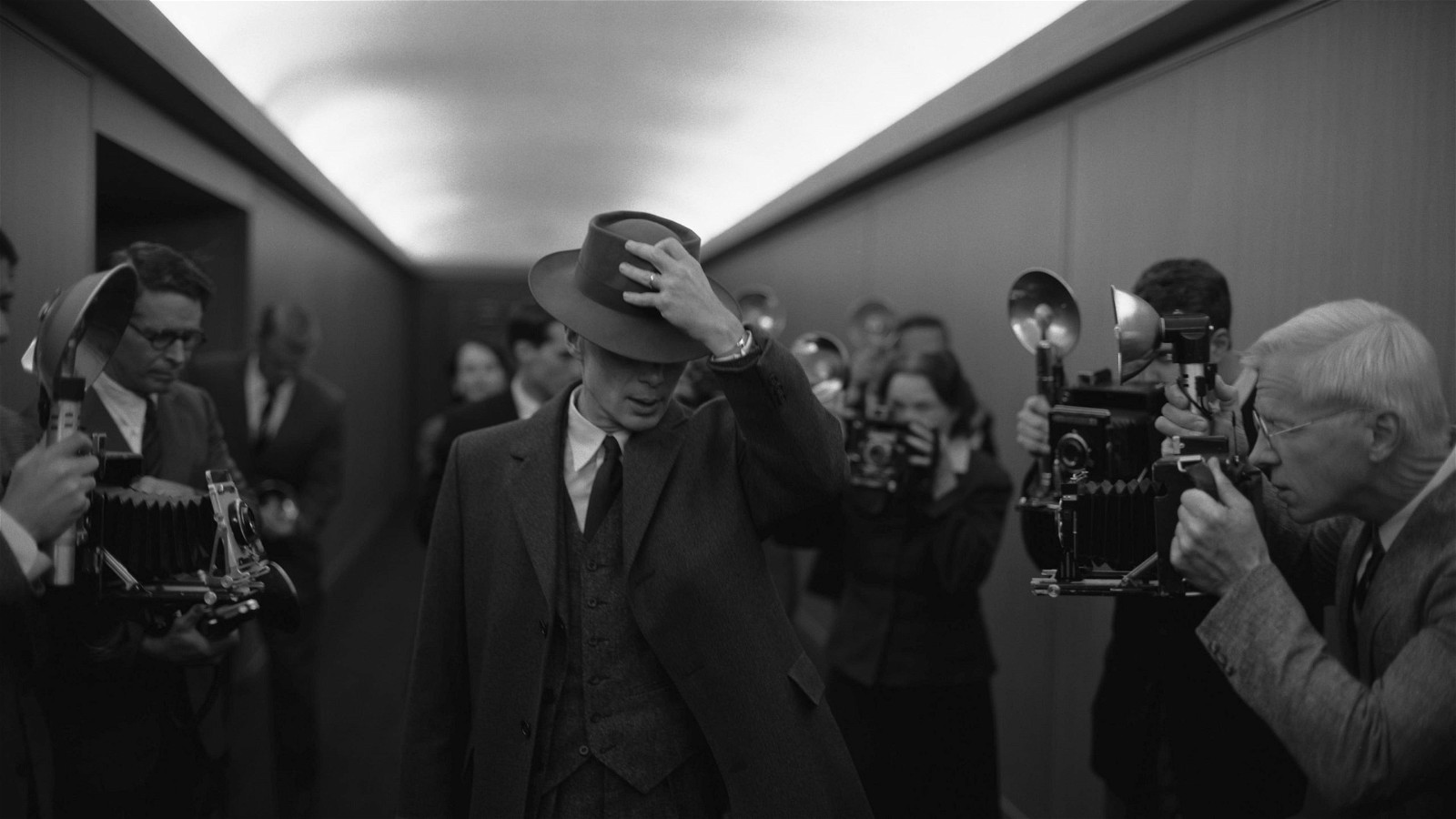
Pattanaik, in his interview, cleared that the father of the atomic bomb must have been looking for some spiritual way to deal with the violence and destruction, and he may have had an Indian in his team who probably suggested he find solace in the religious book.
The film, released on July 21, is ready in all its atomic glory to show us his ethical dilemma, and while we don’t want to spoil if there are any Indian connections, it is advised that the readers book their tickets and check it out for themselves.
Source: Vanity Fair

